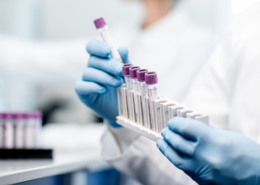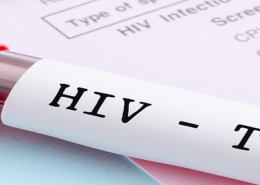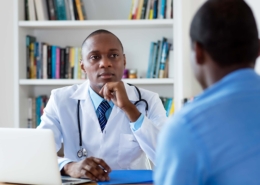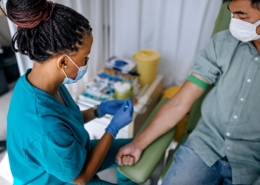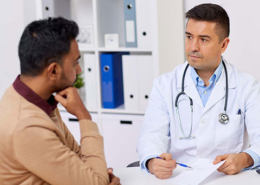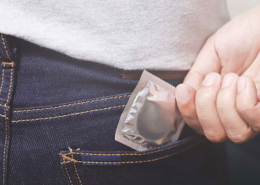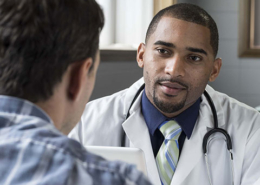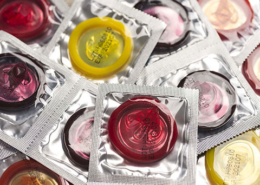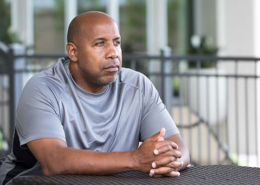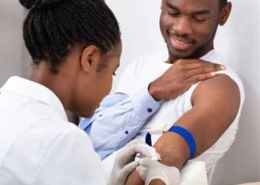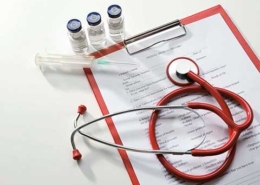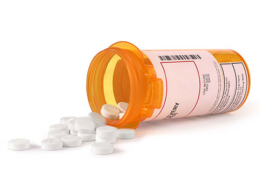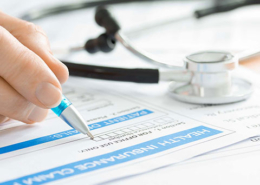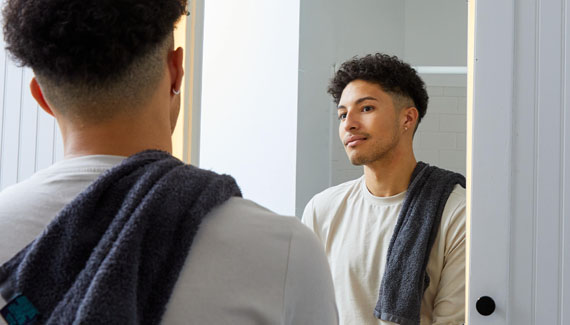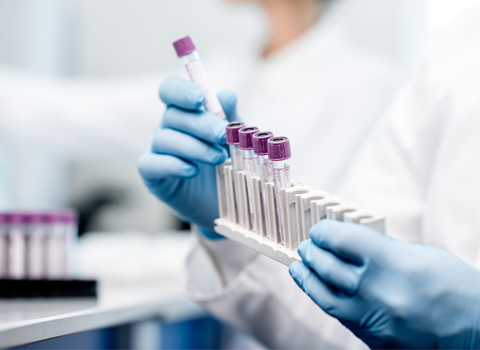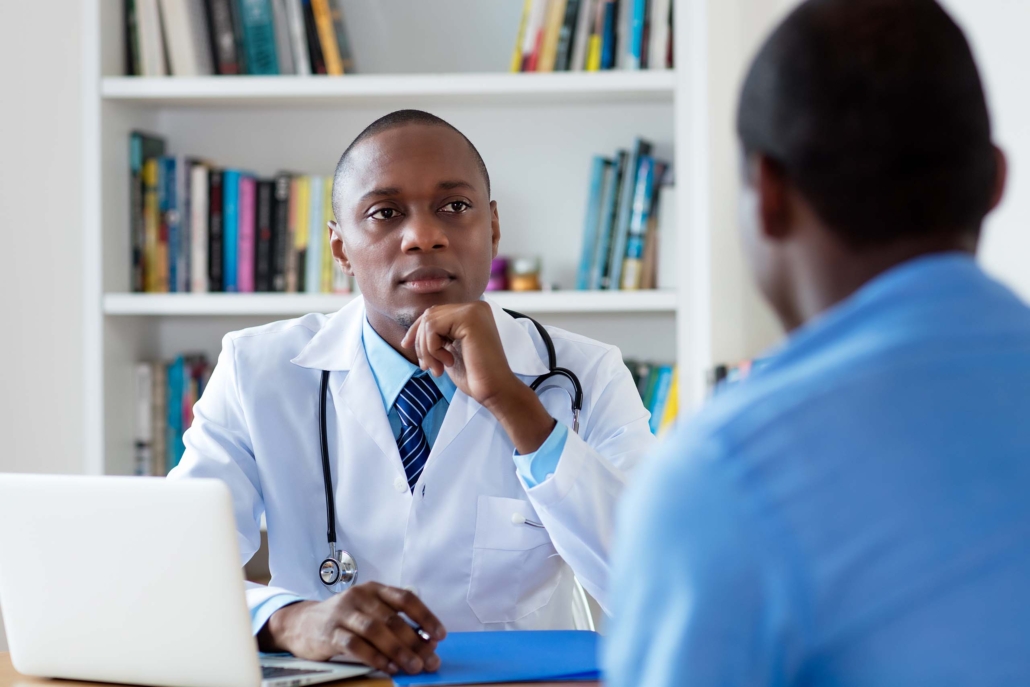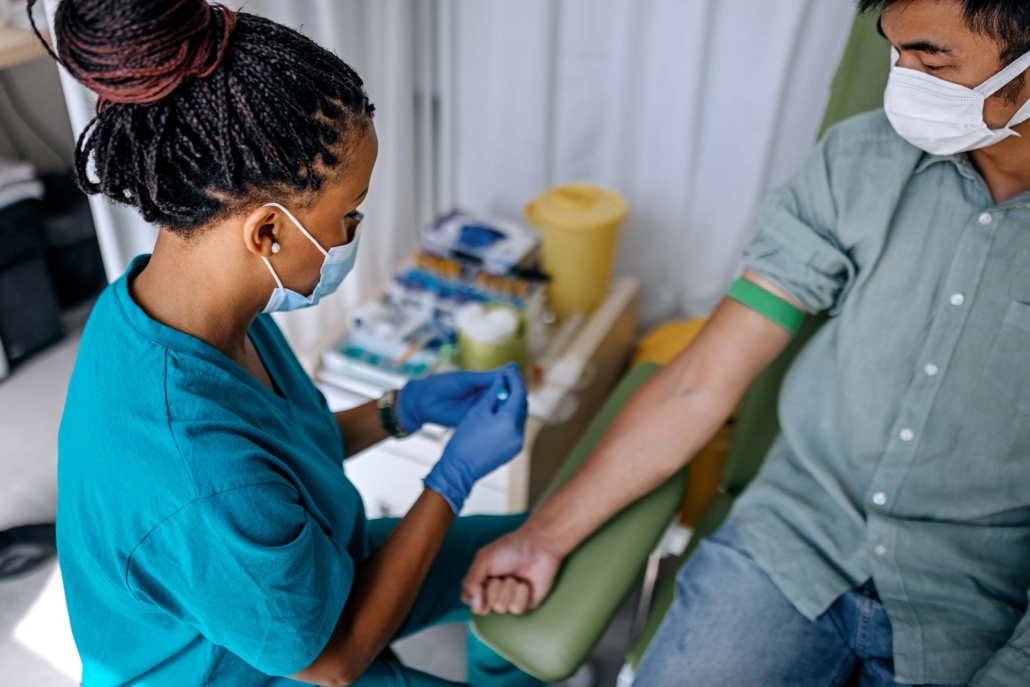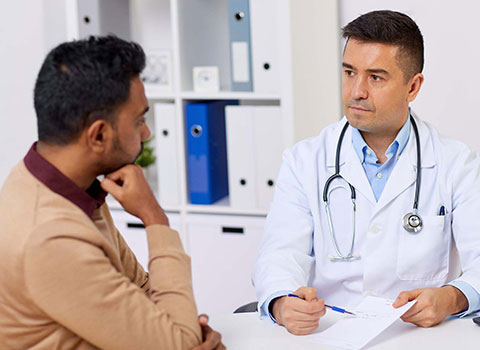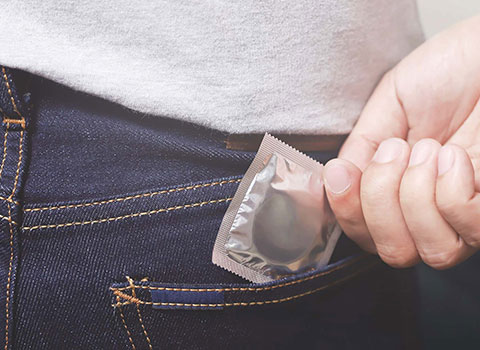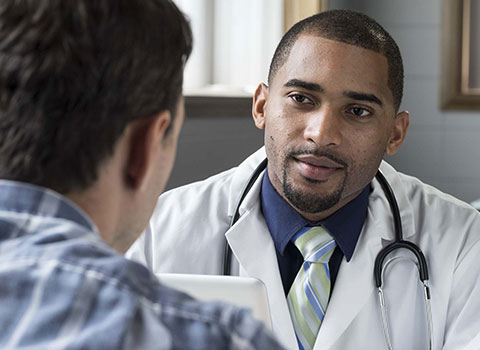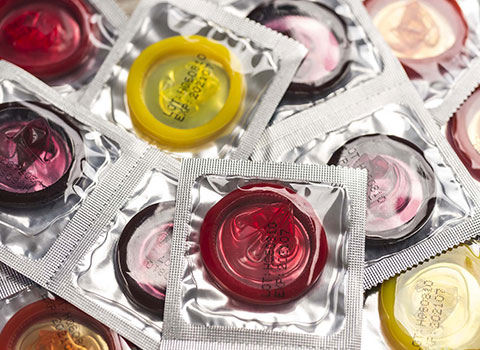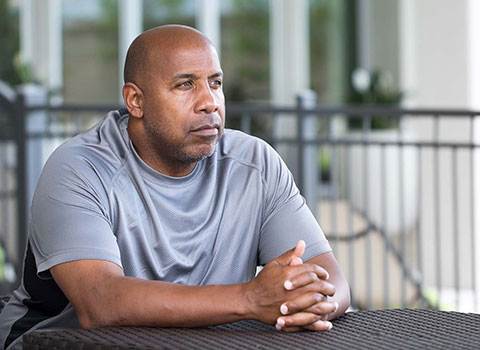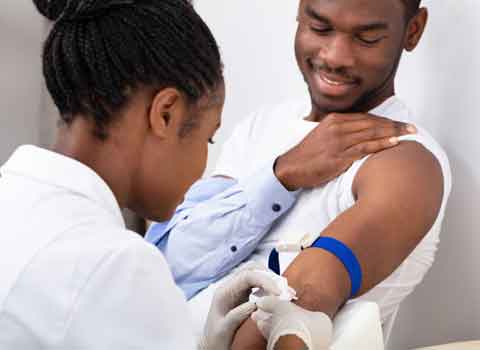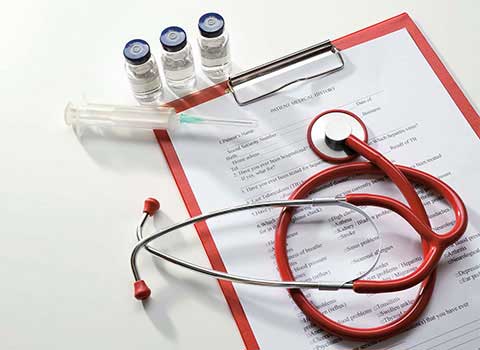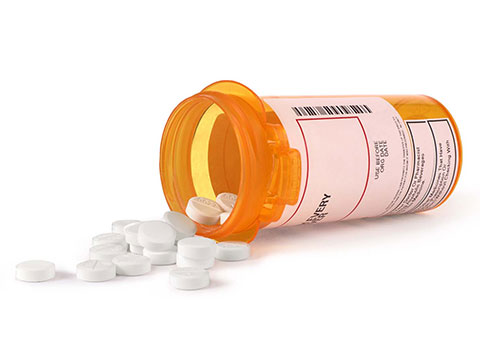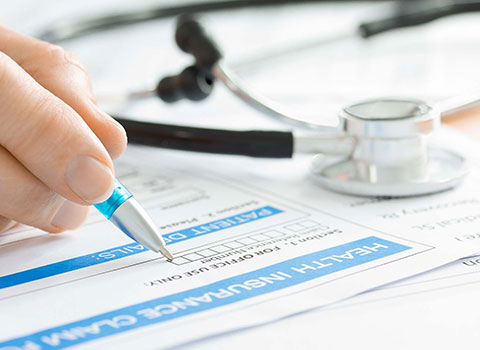 https://carethatfitsyou.org/wp-content/uploads/2023/01/CTFY-Web-image-8315_Undetectable.jpg
325
570
Admin
https://carethatfitsyou.org/wp-content/uploads/2020/04/care-that-fits-you.png
Admin2024-05-20 20:01:352024-06-10 19:21:29Información de la Mpox
https://carethatfitsyou.org/wp-content/uploads/2023/01/CTFY-Web-image-8315_Undetectable.jpg
325
570
Admin
https://carethatfitsyou.org/wp-content/uploads/2020/04/care-that-fits-you.png
Admin2024-05-20 20:01:352024-06-10 19:21:29Información de la MpoxShigella: Protect yourself and your partners
Find out what you need to know about Shigella – and how you can help stop the spread. There are steps you can take to reduce your risk of infection.
What is Shigella?
Shigella bacteria causes an intestinal infection called shigellosis. Shigellosis is highly infectious and can spread very easily. The CDC estimates that Shigella bacteria causes close to 450,000 infections in the United States every year.
What are the symptoms?
People with shigellosis usually start having symptoms a day or two after coming into contact with Shigella.
Symptoms usually last five to seven days and can include:
- Diarrhea that can be bloody and last a long time
- Fever
- Stomach pain
- Feeling like you need to poop even when your bowels are empty
If you have shigellosis, you may experience all or only a few symptoms. Some people don’t have any symptoms at all.
If you do have symptoms, your doctor can test your stool (poop) to see if you have a Shigella infection. They can also check to see what kind of antibiotics you need for your type of Shigella infections.
How is Shigella spread?
Shigella is spread when the poop of an infected person – even small traces – comes into contact with your mouth. This can happen through indirect contact like:
- Eating contaminated food or drinking contaminated water
- Touching contaminated surfaces or objects and then putting your finger in your mouth
- It can also happen through sexual contact with an infected person if you:
- Have sex, oral sex, or anal sex
- Engage in anal play (rimming, fingering)
- Touch sex toys, used condoms, or douching materials
It takes only a small amount of bacteria to spread Shigella, which means it passes from person to person very easily.
Who is at increased risk of getting Shigella?
Anyone can get Shigella, but gay, bisexual, and other men who have sex with men are at higher risk of getting infected, particularly antimicrobial-resistant Shigella.
What is antimicrobial-resistant Shigella?
Usually, most people with Shigella recover within five to seven days. Some people may need antibiotics to help their bodies cure the infection. If you get antimicrobial-resistant Shigella, some antibiotics used to treat the infection won’t work. When these routine antibiotics don’t work, shigella bacteria can continue to grow and you can get much sicker, for much longer. This can be particularly dangerous for people with weakened immune systems. These individuals may need to be treated with special antibiotics that work better against Shigella with antimicrobial resistance.
How can I protect myself?
There is no vaccine for Shigella, but there are steps you can take to reduce your risk of infection:
- Wash your hands, genitals, and anus with soap and water before and after you have sex.
- Wash your hands if you touch sex toys, used condoms, or douching materials.
- Use condoms and/or dental dams every time you have anal sex, oral sex, or a combination of both.
- Wear latex gloves during anal play like fingering or fisting.
- Always wash your sex toys after you use them.
What if I’ve been diagnosed with shigellosis?
If you think you might have a Shigella infection, talk to a health care provider. They can order tests to diagnose you and determine what kind of treatment you need.
If you’ve been diagnosed with shigellosis, it’s important to take care of yourself and keep from spreading it to other people.
- Wash your hands often, especially before you eat and after you’ve used the bathroom.
- Don’t prepare food for anyone else or share food with others.
- Avoid swimming.
- Don’t have sex for at least two weeks after you’re done having diarrhea.
- Stay home and rest while you’re sick.
Looking for PrEP or
other services?
Search for services near you.
Is PrEP right for you?
Take a short quiz to learn more.




